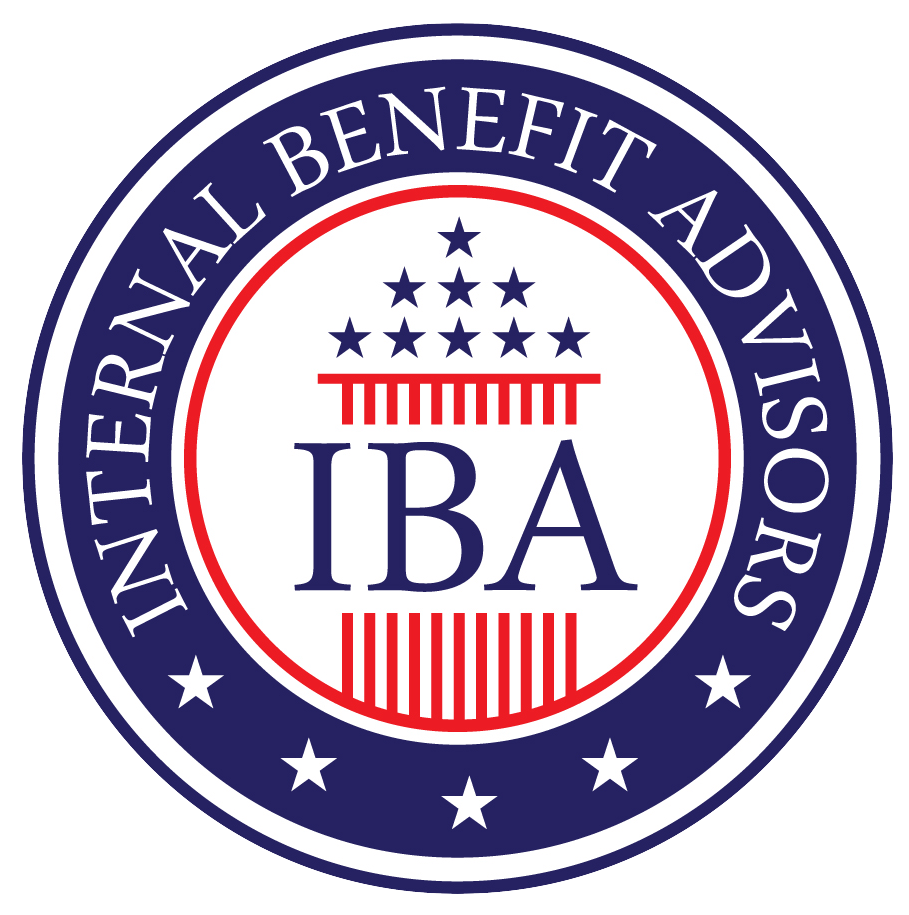As you approach the final stages of your federal career, strategic planning and informed decision-making become crucial to navigating this period effectively. This article offers detailed insights into managing the last one to three years of your federal service, ensuring a smooth transition into retirement.
Understanding the Federal Life Cycle
During the final years of federal employment, understanding the nuances of the Federal Life Cycle is essential. This phase involves not only maintaining current responsibilities but also focusing on future prospects. The years leading up to retirement are a critical time for financial planning and understanding federal benefits in depth. Federal employees should assess career achievements and contributions, ensuring they meet both personal and professional milestones.
Understanding the Federal Employees’ Retirement System (FERS) or the Civil Service Retirement System (CSRS) and how these systems impact individual retirement scenarios is key. Maintaining a balance between work and personal life can greatly enhance the quality of these final working years, ensuring a more seamless transition into retirement.
Key Strategies for Federal Employees
- Maximize Your Benefits: Ensure thorough familiarity with all available benefits and make the most of them, including healthcare plans, retirement savings, and other federal perks. These benefits can be optimized significantly in the final years.
- Plan Financially: Adjust financial strategies to align with post-retirement goals. Evaluate your Thrift Savings Plan (TSP) and other retirement accounts. Understanding the effects of inflation and cost of living adjustments is crucial for maintaining financial stability.
- Consult with Experts: Seek professional advice for clarity and guidance. Engage with Internal Benefit Advisors to navigate federal benefits and make informed decisions. Their expertise can assist in maximizing retirement income and ensuring benefits are fully utilized.
- Prepare for Transition: Consider lifestyle changes post-retirement. Understand how daily routines will change and prepare your family for these adjustments. Planning for hobbies, travel, or even part-time work can make retirement a fulfilling experience.
Resources and Expert Guidance
For detailed advice and personalized planning, visit Internal Benefit Advisors for expert insights into federal retirement planning. They offer comprehensive planning services tailored to the unique needs of federal employees, ensuring you make the most of your well-earned retirement.
Additional Considerations
- Psychological Preparation: Consider the psychological aspects of leaving a long-term career. Transitioning from a structured work schedule to retirement can pose challenges; however, engaging in community or volunteer work can provide a sense of purpose and fulfillment.
- Stay Informed: Keep abreast of any legislative changes that may affect retirement benefits or healthcare policies. Continuous learning about these elements can safeguard future financial security.
References:
- Steele, Aaron. “Navigating the Final 1-3 Years of the Fed Life Cycle Before Retirement.” PS Retirement. LINK
By expanding on these strategies and utilizing available resources, federal employees can ensure they are well-prepared for the rewarding new chapter that retirement offers.




